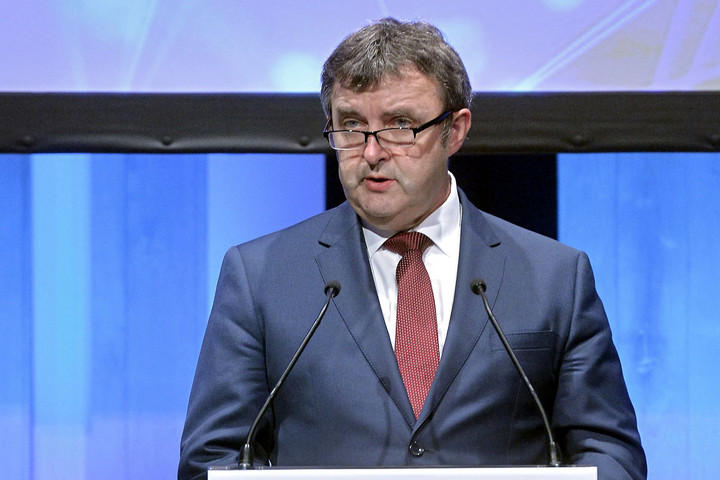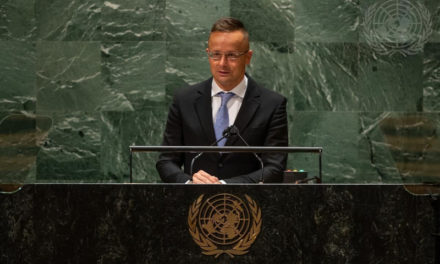The worldwide energy crisis has increased the value of domestic mining and the role of innovation and scientific research related to it - emphasized László Palkovics at the 72nd National Mining Day in Salgótarján on Thursday. In his celebratory speech, the Minister of Technology and Industry said: we need more than ever the commitment, knowledge and competence of the Hungarian mining industry as a whole.
László Palkovics explained: energy carriers have become extremely expensive on the world market, but the question is no longer just how much gas and oil cost, but also whether we can get them, so the most important task of the government is to ensure that Hungary energy security.
He reminded: in order to find a longer-term solution, a seven-point action plan was adopted, which includes restarting the units of the Mátra power plant, increasing domestic lignite and brown coal extraction, and increasing domestic gas production from one and a half billion to two billion cubic meters.
The minister explained: last year, the Mátra power plant produced about one-tenth of the domestic electricity production, this can be increased in the following years with further investments, and parallel to this, lignite mining can also be ramped up until 2025, the planned closure of the power plant.
Hungarian lignite extraction can gradually reach the level of almost six billion tons again, and lignite mining can be increased from the average of 50,000 to 280,000 tons per year, he said, adding that they are currently working on the mining action plan.
László Palkovics also touched on the fact that the Corvinus project aims to increase the amount of domestically extracted hydrocarbons, and he called it an important aspect here, too, that local entrepreneurs also have the opportunity to participate in the work.
The Minister of Technology and Industry emphasized that the climate goals will remain in focus.
The head of the ministry also reported on economic successes, saying that after the downturn following the epidemic, the Hungarian economy grew by 7.1 percent last year, and this year the growth is faster than the EU average, investments reached an exceptionally high value, and the number of people in work set a record, more than 4.7 million people are already working. At the ceremony held in the theater of the Attila József Cultural Center, János Fónagy, the State Secretary responsible for parliamentary affairs related to economic development, spoke about how mining has always had a great role in shaping not only the economy, but also traditions and culture, and an important part of this is symbolic respect and appreciation for the workers. expressive miner's day.
He touched on the fact that mining has often been buried in recent years, which was overridden by the energy crisis, and he called it extremely important to ensure the supply of specialists, from skilled workers to engineers.
Ferenc Rabi, the president of the Mining and Energy Workers' Union (BDSZ), recalled that from 1861, the activities of Szent István Coal Mining Co. of Salgótarján created the beginning of continuous coal mining in Nógrád, and then companies such as Salgótarján Coal Mining Co., the Rimamurányi-Salgótarjáni Vasmű Rt., later the coal mines in Nógrád, the stove factory, the glass factory in Salgótarján, but one of the first MÁV railway lines also connects here.
He called it a strange situation that, given the current extreme European and world market prices, the previously most expensive Nógrád coal would be competitive due to the incredibly increased market demand and the resulting price increase.
Source: Magyar Hírlap
Photo: Lajos Soós













